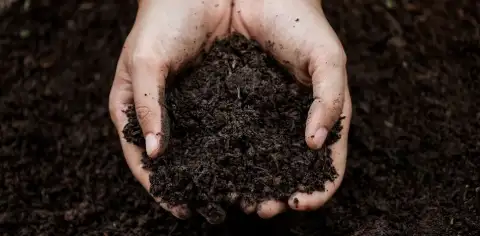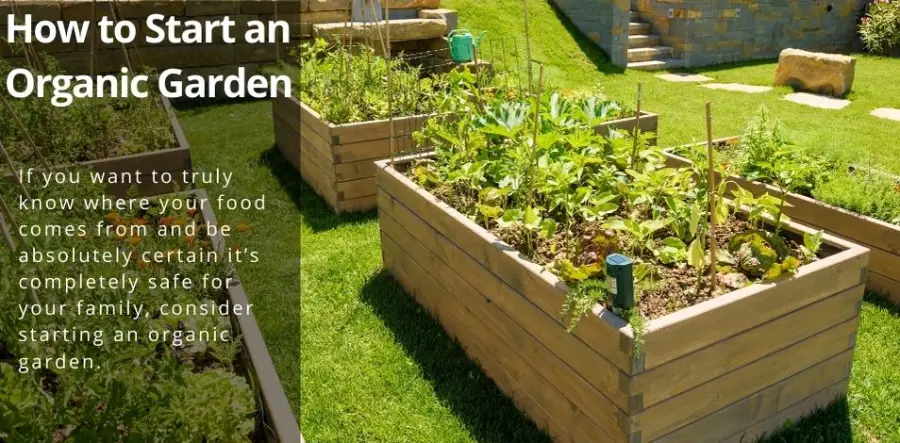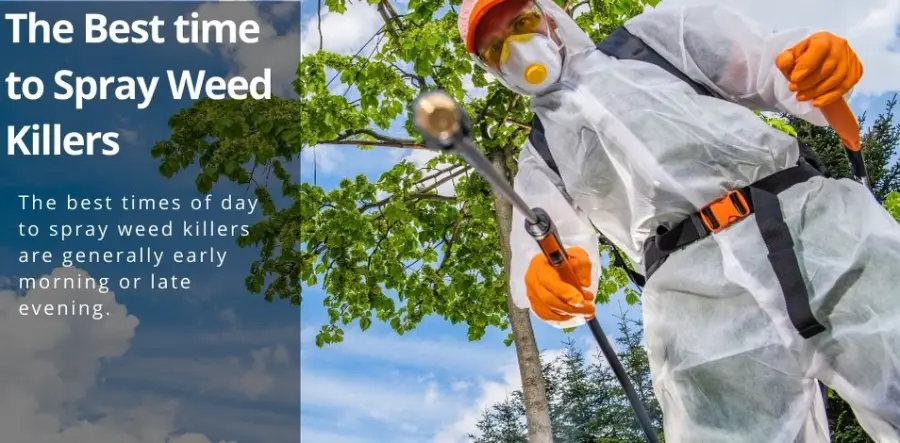Gardening is the practice of growing plants, vegetables, fruits, flowers, or ornamental plants by natural means on a small or large scale. It generally involves activities like planting seeds, watering the plants, weeding and gathering crops, etc.
Gardening is a fun and free way to spend your spare time. Many people do it because they enjoy the hobby whereas others do it for commercial purposes. There are various types of gardening like- organic gardening, container gardening or flowerpot gardening, herb gardens, etc. You can also grow plants inside your home, on your balcony, or in your backyard. or even create a Vegetable Garden.
Young plants require much more care and attention. Growing plants requires you to be patient throughout the whole process because sometimes, it takes months for the seedlings to germinate or flowers take time to bud.
Table of Contents
ToggleGardening Basics
The size and shape of a garden depending on the type, number and age of plants you wish to grow. A bigger garden usually has a larger perimeter as compared to a smaller one as they require more space for cultivation.
A raised garden beds are more suitable for people with mobility issues than a traditional garden.
Design your garden in such a way that you can reach all plants easily and maintain them without any trouble.
The most important thing to consider while designing a garden is sun exposure. You must place taller plants like beans, corn, etc towards the north or west side as they require less sun as compared to smaller plants.
Plants must be placed according to their age, growth rate and sunlight requirements so that one plant doesn’t block the light from another. Also, avoid overcrowding your garden as it will make weeding difficult.
Vegetables like carrots, beans, cucumbers, etc need 1-2 hours of direct sunlight while flowers like roses require 5-6 hours.
Larger plants must be placed towards the center or south side whereas small bushes can be planted on the north and east sides.
Space out your garden so that one plant doesn’t shade the other’s light and water requirements.
Gardening is all about making the best use of available resources like water, sunlight etc to grow plants.
You must be able to cultivate your garden in different seasons to get a variety of crops throughout the year.
You can grow flowers and vegetables together but they require different types of soil so rotate their positions every season. Planting the same type of crops or vegetables in the same location can create a nutrient deficiency and reduce their growth rate.
Crop rotation allows you to grow different types of vegetables and fruits throughout the year and reduces the risk of pest infestation as well as soil depletion.
Optimally, one must rotate their crops after every 4-5 months to maintain a healthy harvest.
Gardening for beginners isn’t difficult as it seems; anyone who has an interest in growing plants can do it easily. You can either grow a traditional garden or an organic garden depending on your requirements and preferences. For beginners, starting small is the best way to learn how to garden properly without investing too much time or resources. All you need is a bit of knowledge, time and patience to grow your own food.
Preparing the soil
Garden soil should be properly moistened before sowing seeds. You will get better germination rates if you soak the seed for 6 to 8 hours before planting.
Pesticides and fertilizers may be required to keep plants healthy. However, they should be used in correct amounts only. These chemicals could kill the plants if used excessively.
The seeds and seedlings should be placed at specific distances from each other, depending on their type and growth rate.
Crops like potatoes require particular spacing to prevent the plants from overlapping each other.
The soil should be leveled off before planting seeds or seedlings because unleveled ground restricts root development.
Aeration of soil is important for it to absorb water and nutrients easily.
You need to maintain the pH levels of your soil (soil acidity levels) as well as monitor the amount of water, sunlight and nutrients that are given t the plants.
Watering the plants
Watering the plants is an important process of gardening. The amount, frequency and timing of watering all depend on the type of plant you are growing.
Choosing the right time to water your plants ensures their overall growth. Not only do they absorb maximum nutrients, but water also removes excessive salts from the soil thereby preventing root damage.
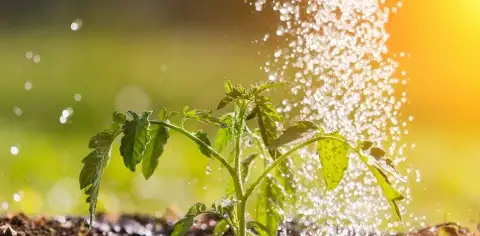
Weeding the soil
Cultivating your plants doesn’t mean that you stop foraging for weeds. Weeds can not only choke your cultivated plants to death, but they also compete with the cultivated ones for water and nutrients. Most common weeds which are found in home gardens are- dandelions, wild mustard etc. You can get rid of them by either pulling them out or spraying herbicides.
Nutrition and care for the plants
Different types of plants require different kinds of fertilizers. Some common organic and inorganic fertilizers used in home gardens are bone meal, blood meal, manure, compost, etc. The amount and type of fertilizer to be used depending on the age of the plant and its growth stage.
A regular dose of organic fertilizers boosts soil fertility and prevents soil erosion. Manures help loosen clay soils whereas compost decomposes slowly to improve the texture of poorly aerated soils.
If your plants are suffering from a nutrient deficiency, you can treat them with an appropriate fertilizer like- nitrogen for plants that require lots of oxygen, phosphorus for plants that need a lot of calcium and magnesium and potassium for plants that need more sulfur.
Excessive use of fertilizers can damage not only the soil but also the crops.
Pollination & harvesting
You must never pick fruits or vegetables before they are fully ripened. This causes blemishes and reduces the shelf life of produce.
Fruits and vegetables must be carefully picked and washed before consumption or storage to remove dirt and pesticides.
Garden debris should be discarded frequently to prevent it from rotting and producing toxins harmful to humans and plants.
Weeds that are used as fertilizers can be left in the garden for decomposing into humus. However, toxic plants like poison ivy must be thrown out of your yard.
Regular weeding ensures the healthy growth of crops and prevents soil erosion.
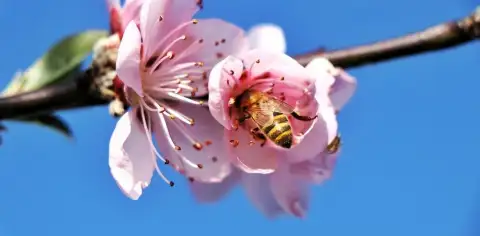
Organic gardening
For organic gardening, you must not use chemical fertilizers as they harm both human health and environmental life forms like microorganisms, insects, etc.
It’s ideal to use compost, manure and mulches because they enhance soil fertility and prevent erosion.
Organic gardens require more work than traditional ones but provide healthier crops without any harmful side effects.
In organic gardening, plants have a stronger resistance against diseases and pests so chemical pesticides are not required. You can use homemade remedies like hot pepper spray for pest control.


